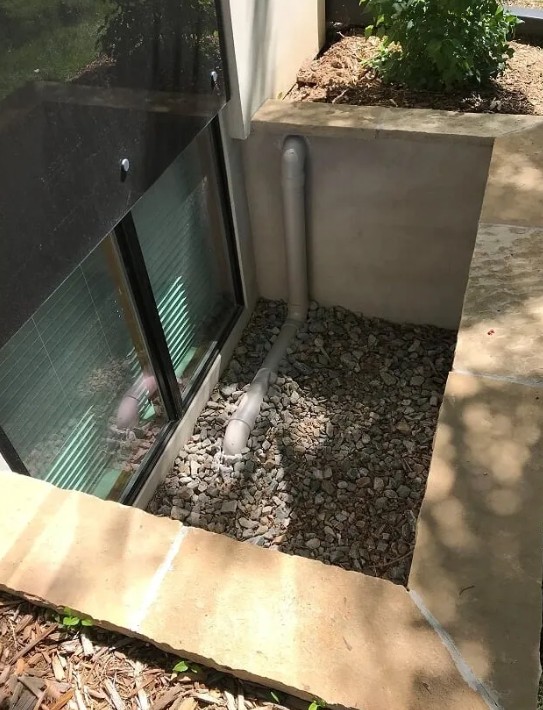Navigating the complexities of relationships can be challenging, and finding the right help is crucial for maintaining a healthy and fulfilling partnership. Whether you’re dealing with communication issues, seeking to reignite passion, or facing significant challenges, knowing where to turn for help for relationships is key. This guide will explore how to find the best relationship retreats, help for married couples, and general help for couples to address your needs effectively.
Why Seek Professional Help for Your Relationship?
Relationships, like any other significant aspect of life, require attention and care. Seeking help for relationships can provide you with tools and strategies to overcome obstacles and strengthen your bond. Professional help offers several advantages:
• Expert Insight: Trained professionals offer objective perspectives and evidence-based strategies.
• Structured Support: Professional guidance provides a structured approach to addressing issues.
• Emotional Safety: Therapy and retreats create a safe space to discuss sensitive topics.
Types of Help for Relationships: What’s Right for You?
Understanding the different types of help available can help you choose the best option for your needs. Here’s a breakdown of some common forms of support:
1. Relationship Retreats
Relationship retreats are intensive, immersive experiences designed to address relationship issues over several days. These retreats are often led by experienced therapists and focus on providing couples with practical tools and deep insights.
Key Benefits:
• Immersive Experience: Retreats allow for uninterrupted focus on the relationship.
• Intensive Support: Couples receive concentrated therapy and workshops.
• Renewed Connection: Activities are designed to strengthen emotional bonds and communication.
How to Choose the Right Retreat:
• Duration: Decide if you need a short-term getaway or an extended retreat.
• Facilitators: Look for retreats led by experienced professionals with good reviews.
• Focus Areas: Choose a retreat that addresses your specific issues or goals.
2. Traditional Therapy
Traditional therapy, also known as couples counseling or marriage therapy, involves regular sessions with a licensed therapist. This ongoing support can be tailored to address various relationship challenges.
Key Benefits:
• Flexible Scheduling: Sessions can be scheduled to fit your lifestyle.
• Ongoing Support: Provides continuous help and allows for gradual progress.
• Personalized Counseling: Therapists tailor their approach to meet your unique needs.
How to Find the Right Therapist:
• Specialization: Ensure the therapist specializes in couples counseling.
• Approach: Choose a therapist whose approach aligns with your needs (e.g., cognitive-behavioral, emotionally focused).
• Credentials: Check for relevant qualifications and experience.
3. Online Counseling
Online counseling offers the flexibility of receiving therapy from the comfort of your home. This option has become increasingly popular and provides various benefits.
Key Benefits:
• Convenience: No need to travel; sessions can be conducted from home.
• Flexibility: Easier to fit sessions into busy schedules.
• Access to Specialists: Enables access to therapists who may not be locally available.
How to Choose Online Counseling:
• Platform: Use reputable platforms that offer secure and confidential services.
• Therapist Credentials: Verify the qualifications and experience of the online therapist.
• Reviews: Read reviews and testimonials to gauge the effectiveness of the service.
Strategies for Finding the Best Help for Your Relationship
1. Define Your Goals
Before seeking help for couples, it’s essential to clarify what you want to achieve. Are you looking to improve communication, resolve conflicts, or enhance intimacy? Clearly defining your goals will help you choose the most appropriate type of support.
2. Research Your Options
Take the time to research various forms of support. For relationship retreats, look for programs with positive reviews and qualified facilitators. For therapy, check therapists’ specializations and approaches to find a good match.
3. Seek Recommendations
Ask friends, family, or colleagues for recommendations. Personal referrals can provide valuable insights into effective help for married couples and reliable therapists.
4. Assess Compatibility
Whether choosing a retreat or a therapist, ensure that the approach and style align with your needs. For retreats, evaluate if the activities and focus areas match your goals. For therapy, consider if you feel comfortable and understood by the therapist.
5. Consider Cost and Logistics
Evaluate the cost and logistical aspects of the help you’re considering. Couples retreats may have higher upfront costs but provide intensive support. Traditional therapy often involves ongoing costs but offers flexibility. Online counseling can be a cost-effective and convenient option.
Conclusion
Finding the best help for relationships involves understanding your needs, researching options, and selecting a form of support that aligns with your goals. Whether you opt for a relationship retreat, traditional therapy, or online counseling, the key is to choose an approach that offers the right balance of expertise, support, and convenience.
By clearly defining your objectives, exploring various options, and seeking recommendations, you can find effective help for married couples and help for couples that will strengthen your relationship and lead to a more fulfilling partnership. Remember, investing in your relationship is a crucial step towards long-term happiness and connection.
Embrace the journey of seeking help, and take the first step towards a healthier, happier relationship today.


